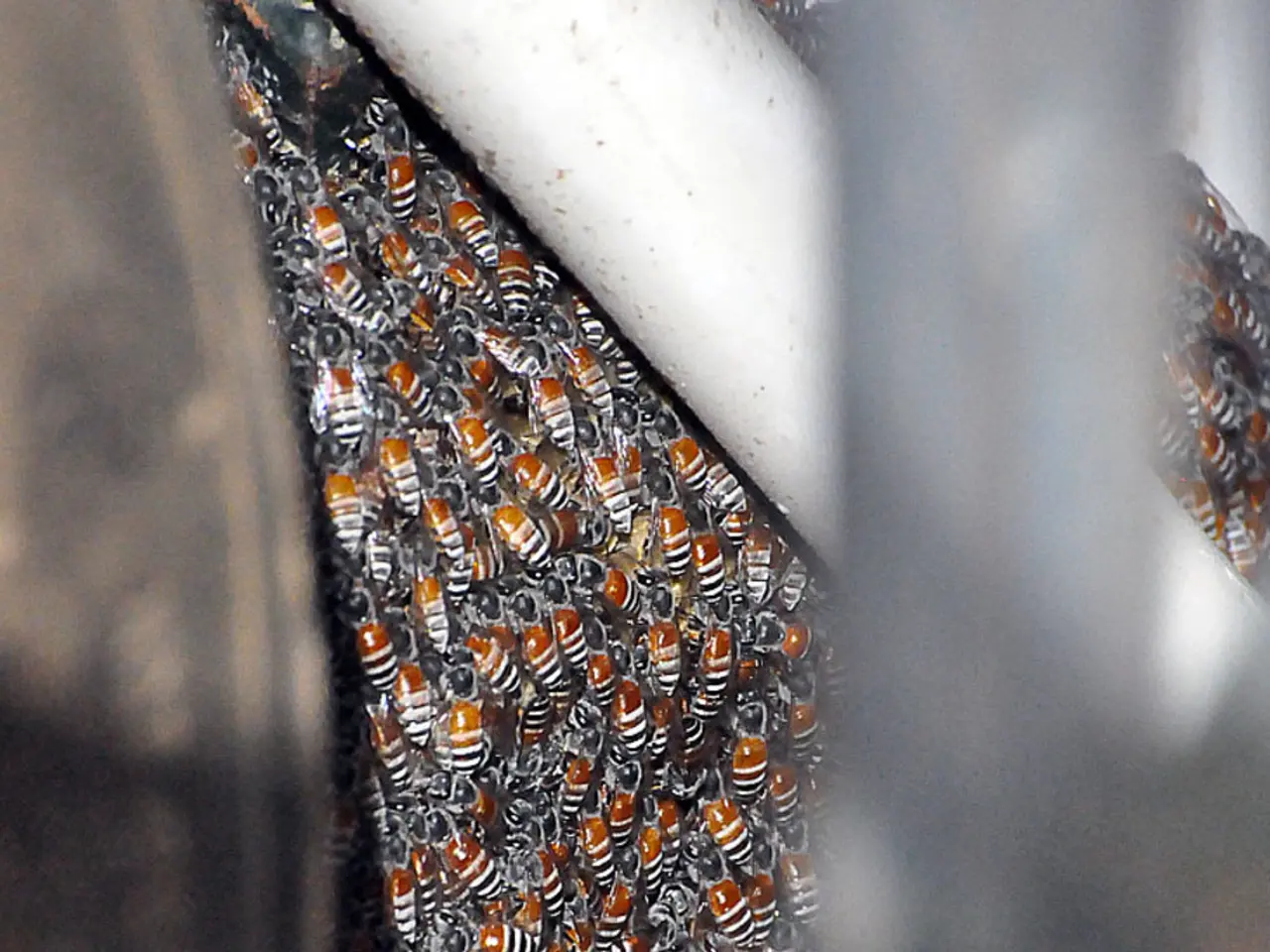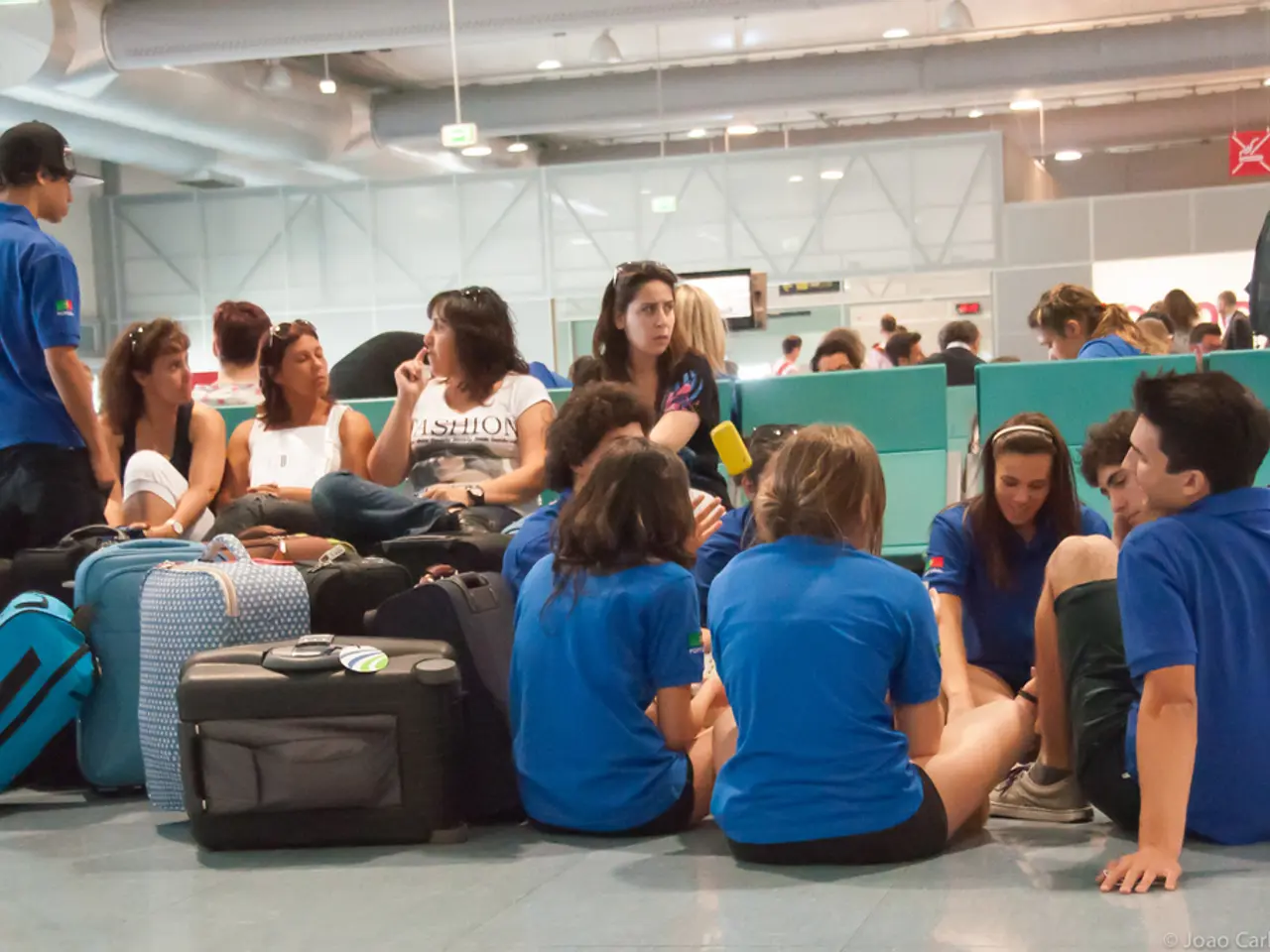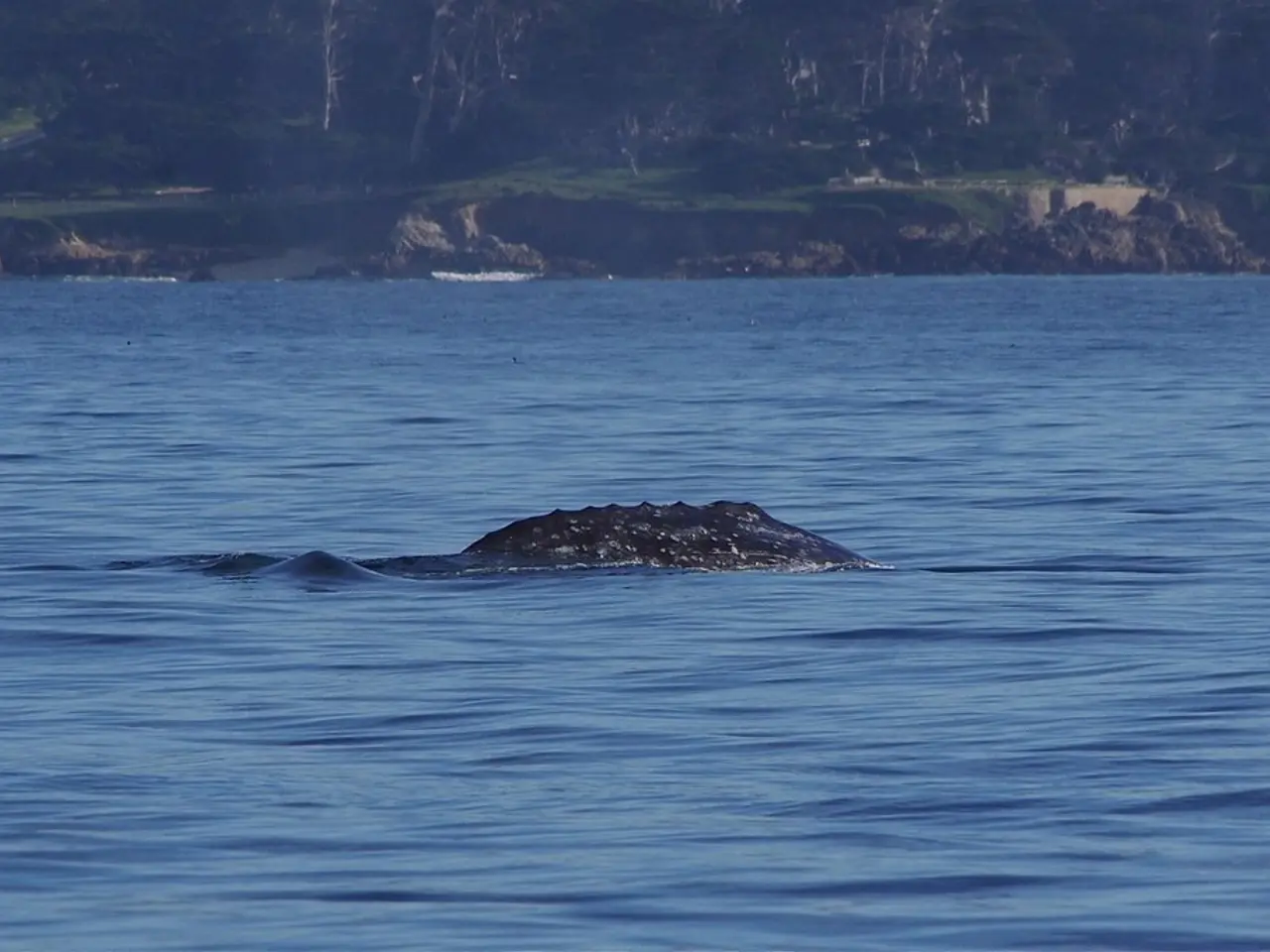Thriving for Eco-Friendliness: The Impact of Bees and Honey on Irish Farming Practices
Supporting Bees in Ireland: A Crucial Step Towards Sustainable Agriculture
The decline in bee populations is a significant concern for Irish agriculture and the environment, as bees play a vital role in supporting biodiversity, crop production, and ecosystem health. Approximately 30% of bee species in Ireland face extinction, posing a threat to pollination systems that directly impact native plant species, crop yields, and overall biodiversity stability [1][3][4].
Bees are essential pollinators for over 90 types of crops in Irish agriculture, including apples and strawberries [5]. By transferring pollen as they forage, bees help maintain diverse plant species, which are vital for balanced and healthy ecosystems.
Farmers can take practical steps to support bee populations:
- Enhance habitat diversity by maintaining or planting wildflower margins, hedgerows, and pollinator-friendly flowering plants to provide food and shelter for bees.
- Reduce pesticide use, particularly neonicotinoids and other harmful chemicals that affect bee health and reproduction.
- Implement integrated pest management (IPM) to control pests like the Varroa destructor mite, which heavily impacts bee colonies in Ireland.
- Support conservation efforts and pollinator plans, such as the All-Ireland Pollinator Plan, to adopt land management practices that protect and restore pollinator habitats [2][3][4].
Supporting wild and managed bee populations through these approaches helps safeguard Ireland's ecological heritage and agricultural sustainability amid ongoing environmental challenges [1][2][3].
In addition to these measures, planting flowers that bees love, such as borage, lavender, heather, and foxglove, supports biodiversity and benefits agriculture. Creating bee hotels, patches of bare ground, and various nest types provides suitable habitats for bees, promoting biodiversity and creating healthier ecosystems.
Moreover, buying local Irish honey can help support bees in Ireland. Honey production from native Irish honey bees allows farmers to sell pure, high-quality honey, creating a profitable venture that complements traditional farming practices [4].
The Department of Agriculture in Ireland recognises the importance of beekeeping for sustainable food production and biodiversity. They provide courses to encourage beekeeping adoption, emphasising its role in maintaining Ireland's agricultural and environmental health [6].
By taking action to support bees, we can help ensure the continued success of crop pollination, protect biodiversity, and support the long-term health of agriculture and the environment in Ireland.
Individuals can join the effort by growing pollinator-friendly plants, such as borage, lavender, heather, and foxglove, in their gardens to offer food for bees, contributing to a healthier ecosystem.
Consuming locally produced honey from native Irish honey bees not only benefits the bee population but also supports local farmers by providing a profitable venture that complements traditional farming practices.
A balanced diet rich in healthy foods and drinks, learned from sustainable recipes, fuels our bodies during sports activities, ensuring both physical health and sustainability for the environment.








